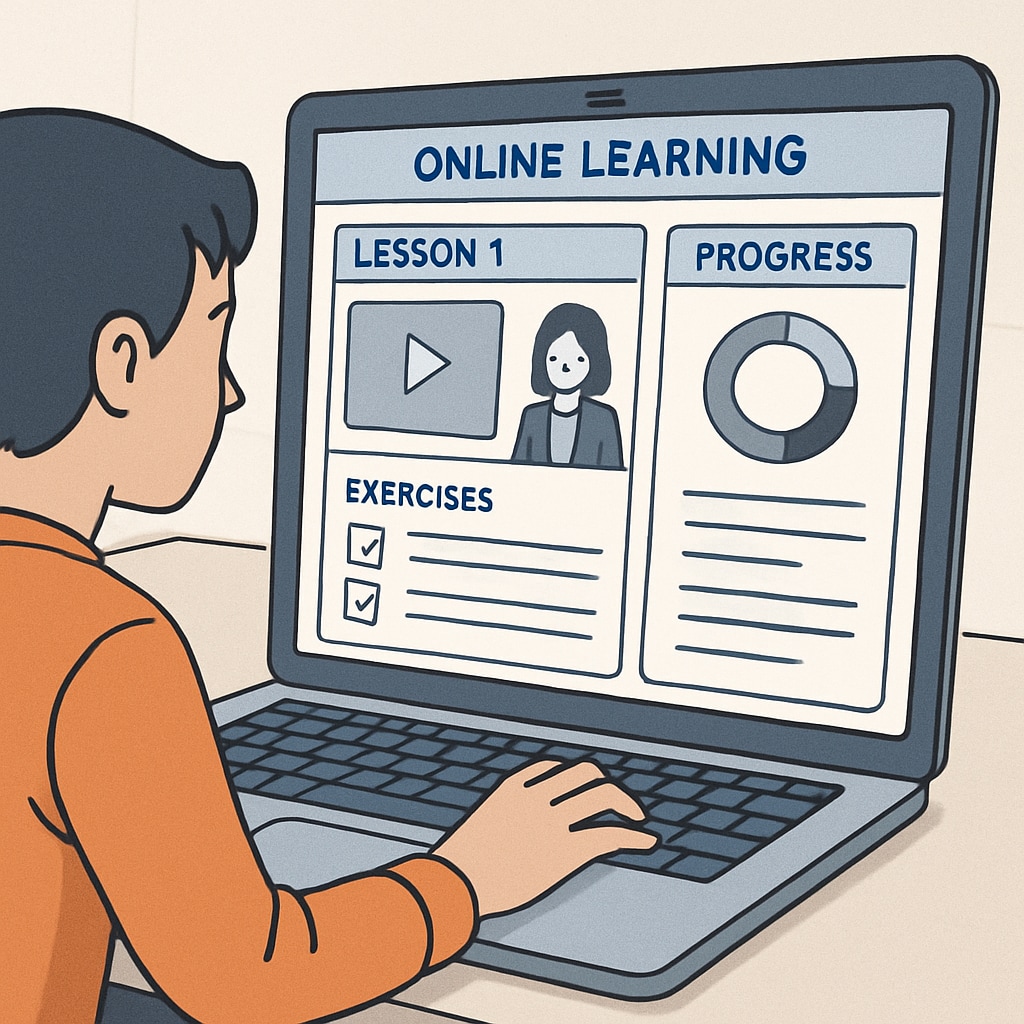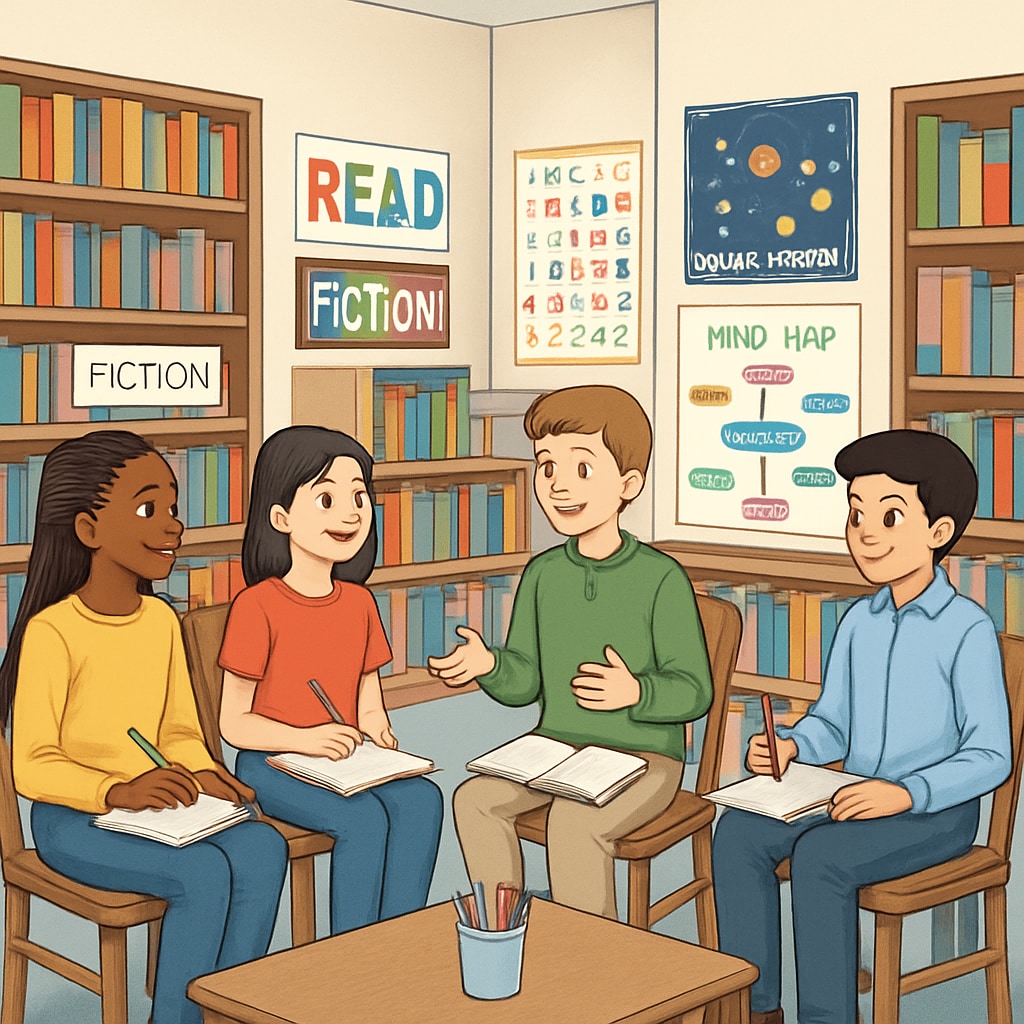High school students often face the challenge of finding affordable and accessible ways to enhance their learning outside of the classroom. Fortunately, there is an abundance of free educational resources available that can provide valuable experiences, expand their skill sets, and open doors to new opportunities. From online platforms to community programs, students can explore extracurricular education that supports their academic and personal growth goals. In this article, we’ll highlight practical ways to discover these resources and make the most of them.
Online Platforms Offering Free Educational Opportunities
One of the easiest ways to access free educational resources is through online platforms. Many websites and virtual tools provide high-quality content across a variety of subjects, including science, math, literature, and even art. These tools often include interactive features, such as quizzes, video lessons, and forums, that make learning engaging and effective.
- Khan Academy: This platform offers free courses on subjects ranging from algebra to economics. Students can learn at their own pace and track their progress.
- Coursera: While some courses require payment, Coursera offers free options in collaboration with top universities.
- TED-Ed: TED-Ed provides short, thought-provoking videos on topics that inspire curiosity and critical thinking.
Exploring these platforms not only builds subject knowledge but also enhances digital literacy, which is an essential skill in today’s world.

Local Community Programs and Libraries
Beyond the digital realm, local communities often provide excellent free educational opportunities. Public libraries are particularly resourceful, offering access to books, workshops, and study spaces. Additionally, many community centers host free or low-cost classes in subjects such as coding, creative writing, and public speaking.
Here are some options to consider:
- Library Workshops: Look out for events at your local library, such as writing seminars or STEM workshops.
- Community Centers: These centers often organize skill-building activities, including art classes and leadership programs.
- Volunteer Opportunities: Volunteering not only contributes to your community but also helps develop leadership and teamwork skills.
By engaging with local programs, students can benefit from hands-on learning experiences and connect with peers who share similar interests.

Social Learning and Peer Collaboration
Social learning is another effective way for high school students to expand their horizons. Joining study groups, attending free webinars, or participating in online forums can lead to collaborative learning experiences. These opportunities allow students to share knowledge, learn from peers, and build networks that can benefit them academically and personally.
Examples of social learning resources include:
- Discord Study Groups: Many students create subject-specific study groups on Discord where they exchange notes and support each other.
- Open Webinars: Free webinars hosted by educational organizations cover topics like time management and career planning.
- Online Forums: Platforms like Reddit’s education-related communities allow students to ask questions and discuss subjects with others.
These collaborative opportunities are invaluable for developing communication skills and building confidence.
Maximizing Free Resources for Personal Growth
To make the most of free educational resources, it’s important to approach them with purpose. Setting clear goals, whether it’s improving grades, learning a new skill, or preparing for college, can help students focus their efforts and track their progress. Additionally, creating a schedule to dedicate time to extracurricular learning ensures consistency and long-term benefits.
Remember, the process of discovering free resources is a journey of exploration. Students should remain curious and open to trying new formats, whether online or offline. The skills and knowledge gained from these opportunities can shape their future and prepare them for both academic and real-world challenges.
Readability guidance: This article uses short paragraphs, lists, and clear transitions to ensure accessibility. It avoids complex jargon and prioritizes easy-to-understand language. Students can navigate the content with ease and apply the suggestions in practical ways.


